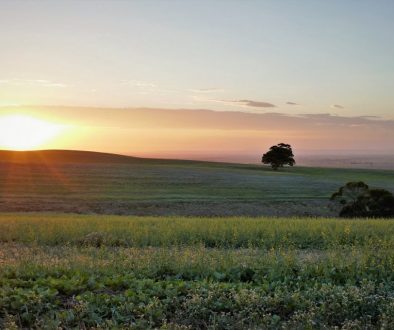United With Christ In Death And Life
(Romans 6:1-23)
Christian life means being human by virtue of the incarnation, it means being judged and pardoned by virtue of the cross, and it means to live a new life in the power of the resurrection. None of these becomes real without the others.” (Dietrich Bonhoeffer, Ethics)
How we approach the Christian life has to begin at the right place. That place is the man Jesus Christ, the incarnate, crucified, risen and ascended Son of God. Christian life begins with baptism into Jesus Christ. That baptism was a baptism into the death of Jesus and into his rising.
We were baptised into his death – which means that we died to sin. His death was the sacrificial atonement made to break the power of sin. “The sting of death is sin, and the strength of sin is the law.” Sin has its power over us by virtue of the guilt of our sinning. This guilt is not subjective guilt feelings but the objective reality of having transgressed all that being creatures, servants and children of God requires of us – thankfulness in dependence, obedience to His word, and love for Him. Jesus, in his dying on the cross, broke the strength of sin by willingly bearing the judgment of God the Holy Father on our sin in his own body, offering himself as perfect sacrifice to Him. And our “old self” was crucified with him, so that the body of sin be brought to nothing and we no longer be enslaved to sin.
And then, just as Jesus was raised from the dead by the glory of the Father, we have been given access to newness of life as true creatures, servants and children of God. We have opened for us the new possibility of thankfulness in dependence, obedience to His word, and deep love for Him. When Jesus was raised from the dead, God’s final word on the destiny of sin, death and evil was given – it has no dominion on His Son, and His Son is the future of the world. He now lives for God, and we who have been baptised into Christ can consider ourselves dead to sin and alive to God.
Sin still dwells in our mortal bodies and protests this state of affairs – but protests without power. We are to silence the protest with the strong voice of faith. We are not to let sin reign in our mortal bodies. We are not “under” law (although we live in obedience to the law of God, v.17) but “under” grace. To be under either means that that becomes the ruling power in us. Law cannot lead to obedience, thankfulness and love to God – it can only point us to what such looks like. But the strong grace of God at work in Jesus’ dying and rising liberates us into this strange, but wonderful!, new world of the Christian life.




